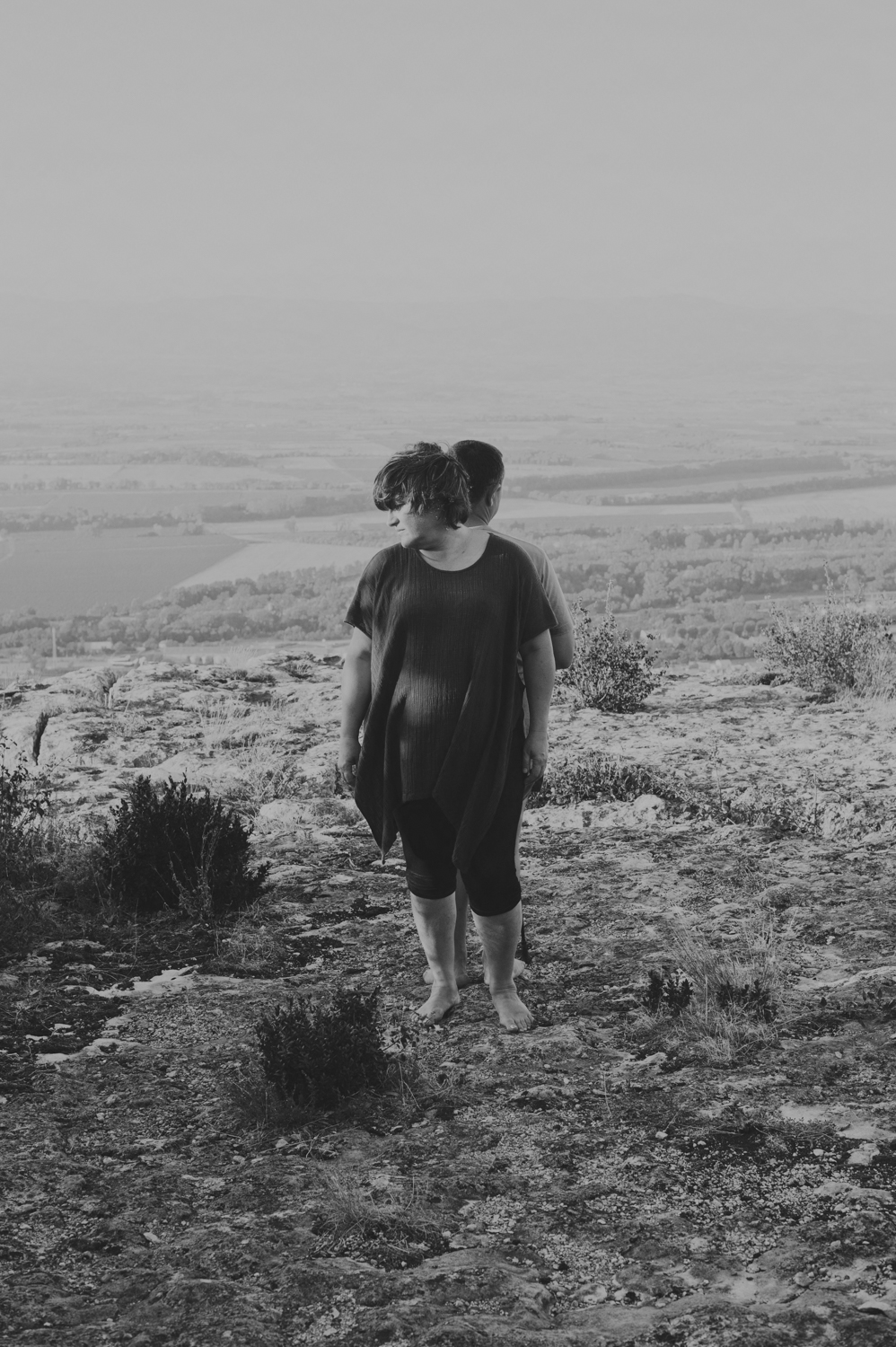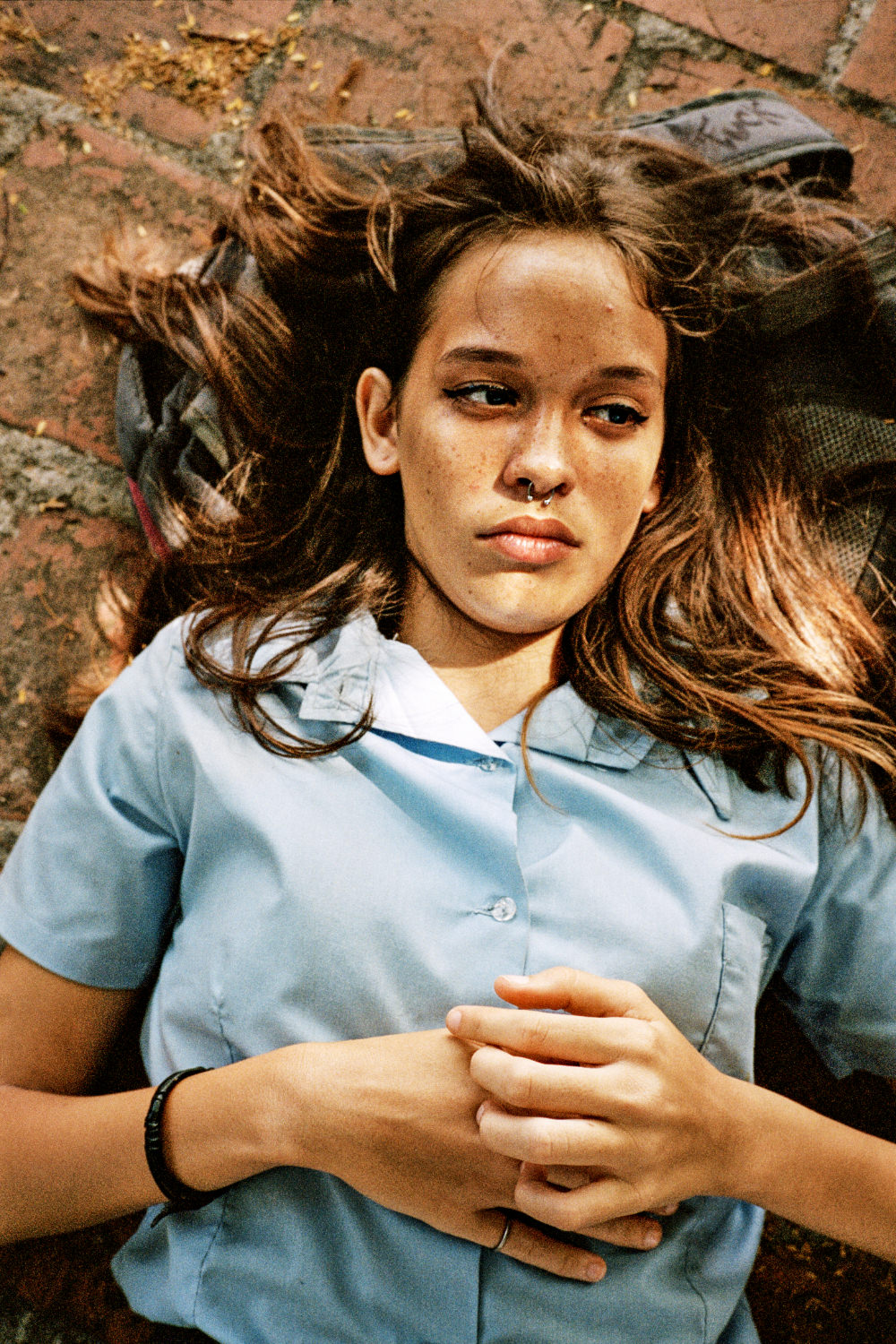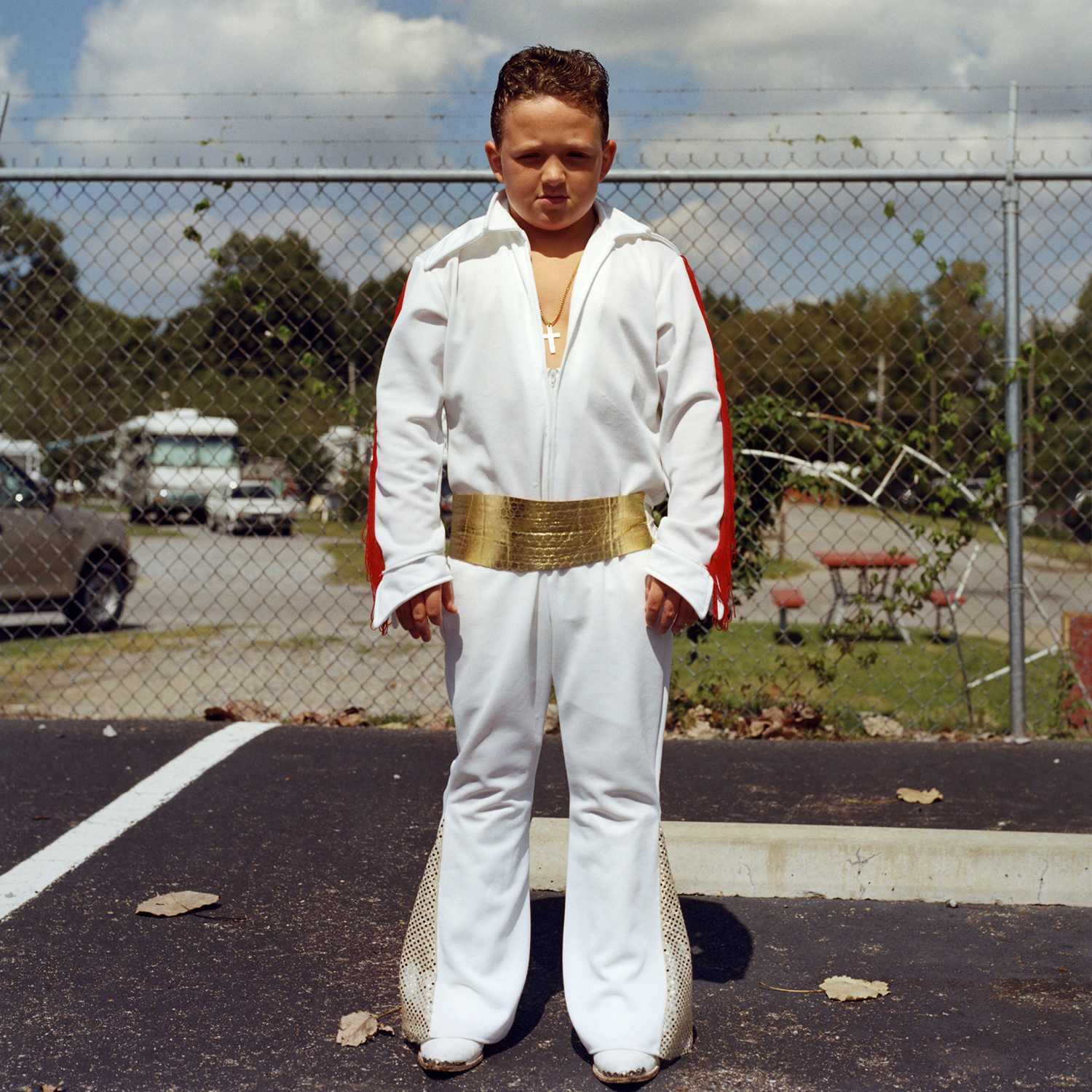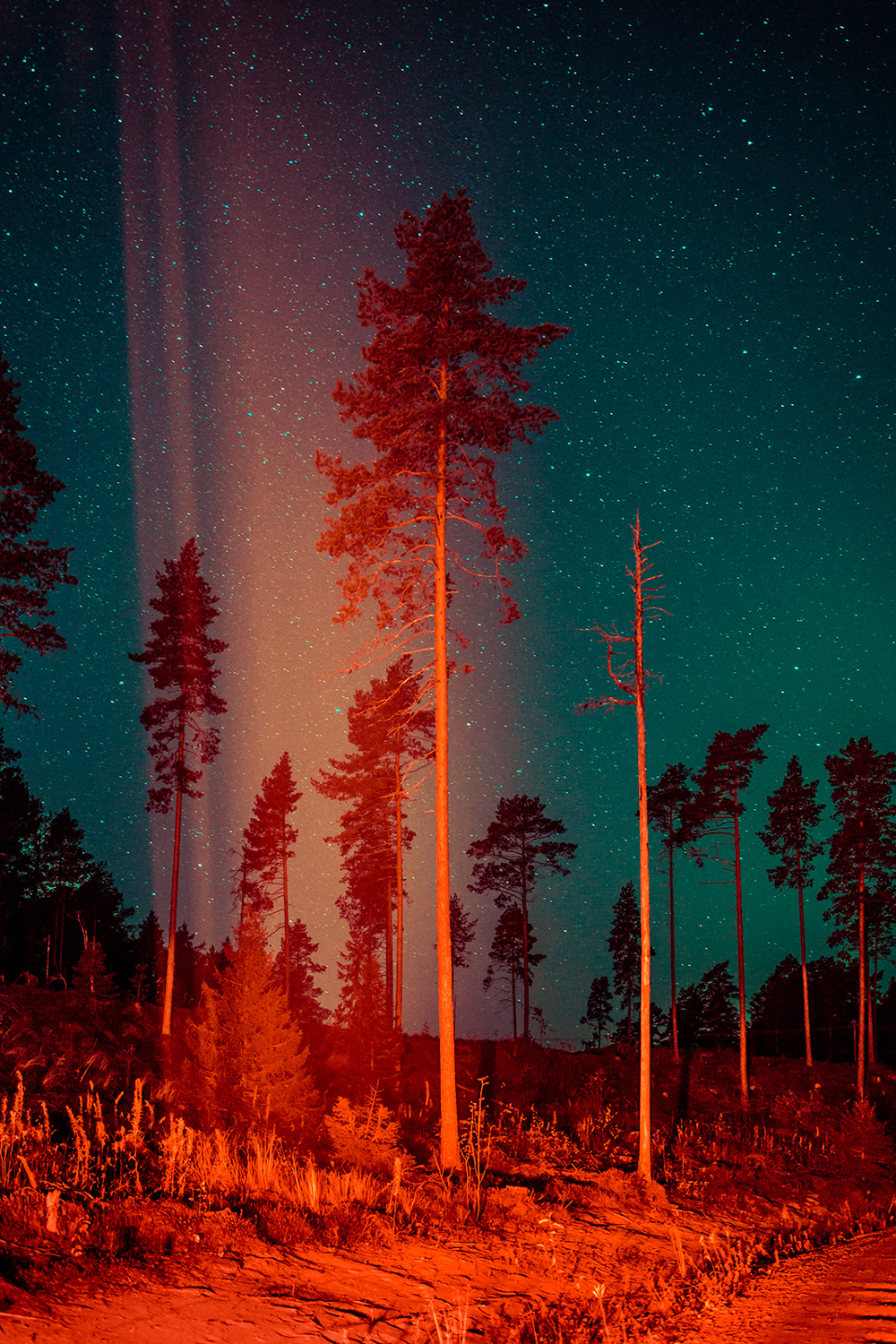
« I consider photography as a form of writing in its own right that can be self-sufficient. »
Why don’t we start this interview with the origin of the title of this project?
In anthropology, « Allogeny » refers to a group from elsewhere that has ethnic characteristics that distinguish it from the natives… this feeling of non-group membership has always been present in my mind. The notions of identity and marginality interest me, here in Marseille, identity is like light: strong. I chose this title for this project because I want to confront this sense of identity with my feelings: that of not belonging to any particular group.
I suppose photography has been a tool of integration into your new environment?
I discovered the city through photography. Making images is always an excellent pretext for apprehending a place. Photography serves me as a starting point, a spark, everything else flows from it: the social relations and the deep feeling of the place’s energy. It is a central pillar in my understanding of the world.

Is writing solely related to your work as a photographer?
Yes, even if sometimes I would like to develop this taste for the pen. I consider photography as a form of writing in its own right that can be self-sufficient. However, if words should illuminate my images, I prefer them to fit in a more poetic vein. I believe that the world needs to dream a little more and at a modest measure, I try to contribute to it through my photographs… and sometimes my texts.


Wandering seems to be one of the characteristics of your project, perhaps even of your photographic approach?
That’s very fair. I love chaos and I’ve always been frightened by the increased control in the work… I believe that we must preserve the energy of spontaneity if we want to breathe life into our images. I admire, however, some photographic works where precision and rigor are required, the discourse very established, but I do not find myself in this photograph, I need air, and freedom. I love wandering too much for what it sometimes offers: a form of fulgurance where in the end we surprise ourselves, this possibility that is given to us to surpass ourselves, to see more and stronger. I associate this idea of spontaneity with music: jazz in particular and the inherent strength of this music linked to improvisation. This is the only way for me to discover myself: getting lost must become an art.
« I don’t seek to show or testify to any reality, in Marseille for example, my images have no journalistic significance. »

Any work, however subjective it may be, ends up having the value of a « document »… when I write « do not document anything » I am referring to the notion of information. This « informative » work is necessary, photojournalists do a remarkable job and sometimes risk their lives to give us this information. For my part, I do not seek to show or testify to any reality, in Marseille, for example, my images have no journalistic significance. I rather try to echo my feelings in a given place, relying on the character of this place, and Marseille beyond being a pretext is a formidable catalyst.


In an interview on Erick Kim’s blog, you mention your work on the city of Istanbul and Marseille comparing the border aspect of the two cities. In particular, you point out that borders have been an important aspect of your life. My curiosity leads me to know more about it?
This is the question raised indirectly by the title Allogenes. The border issue is linked to identity. In these « frontier » places where cultures collide, individuals meet and interact and thus form other identities. It is this promise that interests me: I, who was raised in different cultures without having been « assimilated »: have acquired a particular understanding of the world. I have evolved between Western and Eastern culture, through art, music, and literature… but I have also been confronted with different worlds than mine during my life. This opening into different worlds allowed me to understand the reality that surrounded me differently. I am very proud of this wealth and I wish to continue this exploration. I think it is for all these reasons that I am interested in borders, they have something reassuring for my mind.

The two cities have in common that they have always been lands of migration. Could this aspect be the bridge, which you mention in Erick’s blog, to join the two projects and maybe lead you to a larger project?
We were talking about wandering earlier, but through it, I still want to have a heading. This idea of putting my current and future projects into a broader movement appeals to me. The further I progress in my work, the more the themes that affect me become clearer, it helps me to better understand my trajectory. I hope one day I will have the opportunity to discuss together my different works in an even larger project. For the moment I am concentrating on Marseille and Istanbul but this idea remains in the corner of my head.

Five photobooks you’d bring to a deserted island?
Early Colors by Saul Leiter
The Americans by Robert Frank
Under a Grudging Sun by Alex Webb
Wonderland by Jason Eskenazi
Dream/Life by Trent Parke.
Interview Jerome Lorieau / In Frame
Links: pierrebelhassen.com | Instagram





